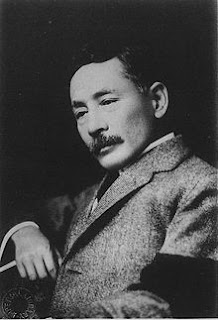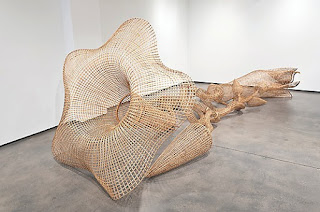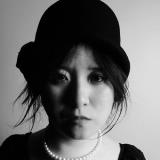Unai Elorriaga's "Plants Don't Drink Coffee"

Unai Elorriaga López de Letona Four stories told from different perspectives give a memorable picture of three generations of a Basque family. Tomas, whose father is dying in the hospital, is looking for a rare blue dragonfly that he believes will make him the most intelligent person in the world. His uncle Simon is determined to bring an international rugby match to their village, and so paints up a field in the local golf course. His cousin Mateo wants to know whether his grandfather Julian won the contest to become the best carpenter in all Europe. Piedad, an old woman who visits Tomas's aunts in the sewing room, owns a mystery that the other women are dying to solve but are too polite to ask directly: why didn't she marry the famous architect Samuel Mud when she was so in love with him? In their different ways, the characters go against convention and so become individuals. The style consists of short simple sentences. The use of syntactical repetition reminds me a l...






